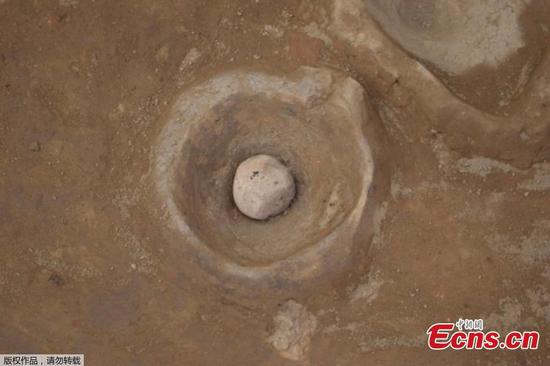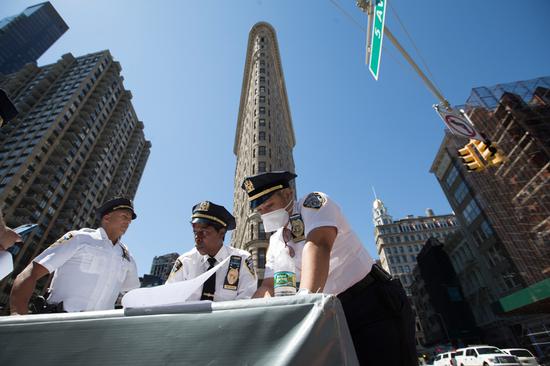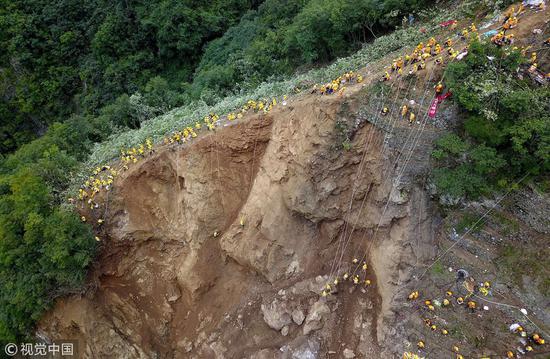American scientists found greening vacant urban land could significantly reduces feelings of depression and improves overall mental health for city residents.
A study published in the latest issue of JAMA Network Open measured for the first time the mental health of Philadelphia residents before and after nearby vacant lots had been converted into green spaces and compared the results with the control groups.
The researchers found that living within a quarter of a mile radius of greened lots had a 41.5 percent decrease in feelings of depression compared to those who lived near the lots that had not been cleaned.
Those living near green lots also reported that they experienced a nearly 63 percent decrease in poor mental health compared to those living near lots that received no intervention, according to the study.
"Dilapidated and vacant spaces are factors that put residents at an increased risk of depression and stress, and may explain why socioeconomic disparities in mental illness persist," said the paper's lead author Eugenia C. South, assistant professor of Emergency Medicine at the University of Pennsylvania.
In the randomized, controlled study, 541 vacant lots throughout Philadelphia were assigned to one of three study arms: greening intervention, a trash clean-up intervention, or a control group with no intervention.
The greening intervention involved removing trash, grading the land, planting new grass and a small number of trees, installing a low wooden perimeter fence, and regular monthly maintenance.
The trash clean-up involved removing trash, limited grass mowing where possible, and regular monthly maintenance.
Two sets of pre-intervention and post-intervention mental health surveys were performed among 342 people, 18 months before revitalization and 18 months after.
Participants were asked to indicate how often they felt nervous, hopeless, restless, and depressed.
Results were most pronounced when looking only at neighborhoods below the poverty line, with feelings of depression among residents who lived near green lots decreasing significantly, by more than 68 percent.
However, analyses of the trash clean-up intervention compared to no intervention showed no significant changes in self-reported mental health.
"The lack of change in these groups is likely because the trash clean-up lots had no additional green space created," said co-author John MacDonald, a professor of criminology and sociology at Penn.
"Greening vacant land is a highly inexpensive and scalable way to improve cities and enhance people's health while encouraging them to remain in their home neighborhoods," said the paper's senior author Charles C. Branas, chair of Epidemiology at Columbia University.


















































